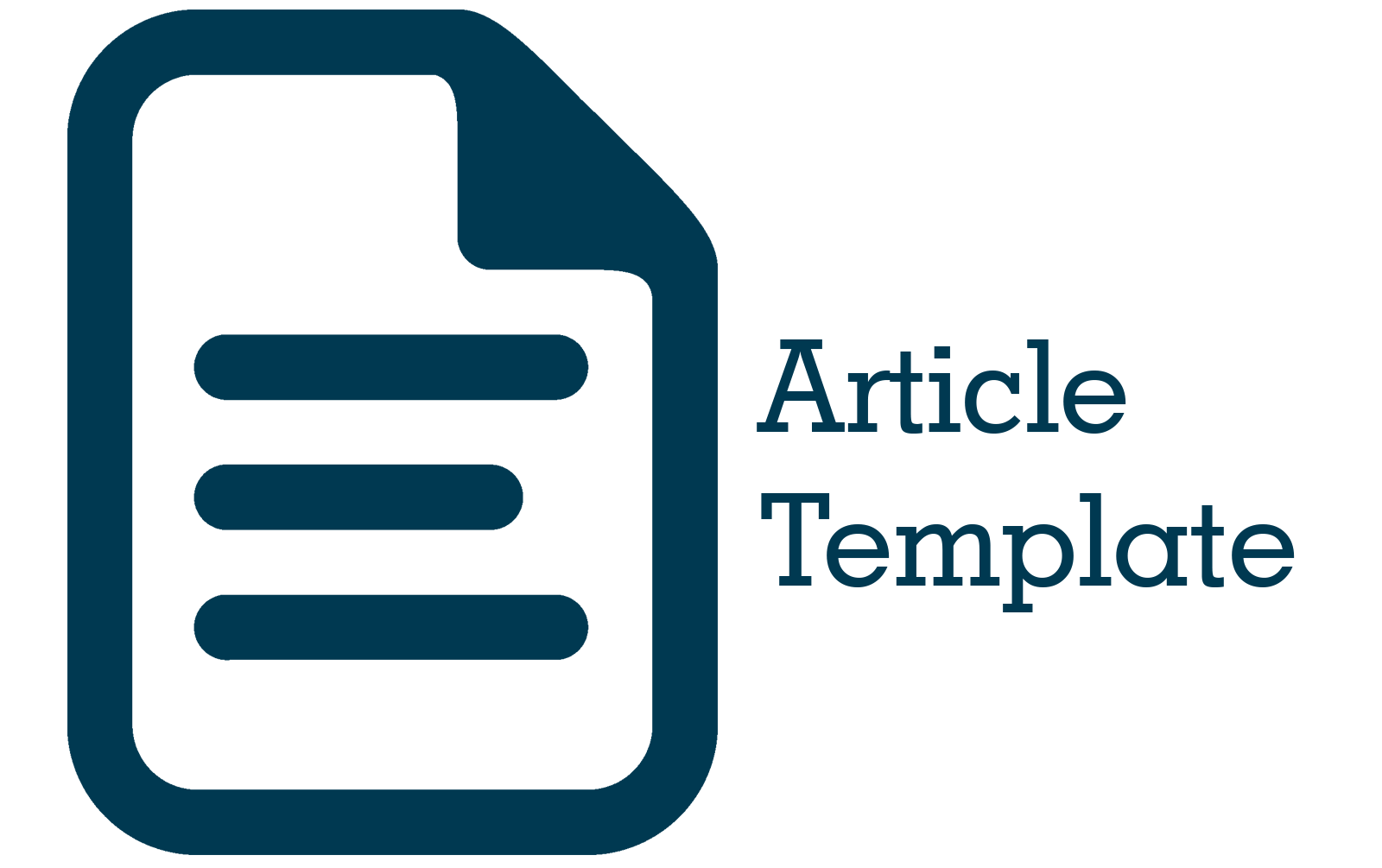Konsep Integrasi Teknologi dan Komunikasi untuk Smart Warehouse
Abstract
In the era of globalization and digitalization, information and communication technology (ICT) plays a crucial role in the development of the logistics sector and supply chain management. The concept of smart warehouse has emerged as an innovative solution to improve operational efficiency, reduce costs, and accelerate the distribution of goods through the integration of advanced technologies such as the Internet of Things (IoT), Artificial Intelligence (AI), and robotics. Although Indonesia has an internet penetration rate of 77.02% and great potential for technology integration in logistics, the adoption of advanced technologies in this sector is still low, with only 23% of companies implementing IoT. Government policies, such as the Making Indonesia 4.0 initiative, support digital transformation, but challenges such as limited physical infrastructure, uneven connectivity, and lack of skilled labor hinder the widespread implementation of smart warehouses. With the growth of the e-commerce sector estimated to reach USD 52 billion by 2023, the demand for fast and efficient delivery of goods is increasingly pressing for the implementation of the smart warehouse concept. This study highlights the importance of infrastructure readiness, policy support, and workforce skills development to optimize the implementation of smart warehouses in Indonesia.
References
[2] We Are Social, & Hootsuite. (2023). Digital 2023: Indonesia.
[3] IDC. (2021). Worldwide Internet of Things Spending Guide.
[4] Kementerian Perindustrian Republik Indonesia. (2018). Making Indonesia 4.0.
[5] Statista. (2023). E-commerce in Indonesia – Statistics & Facts.
[6] World Economic Forum. (2021). The Global Competitiveness Report 2021.












